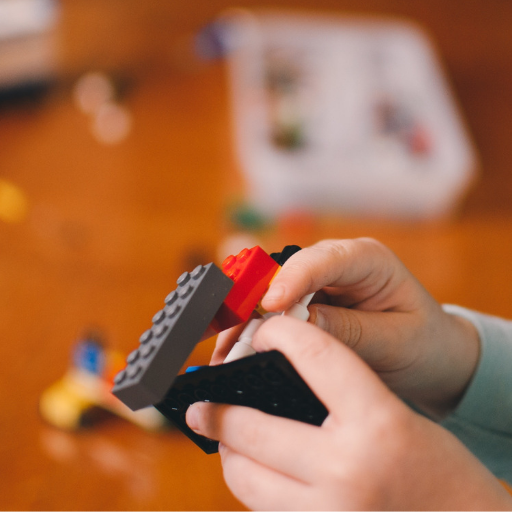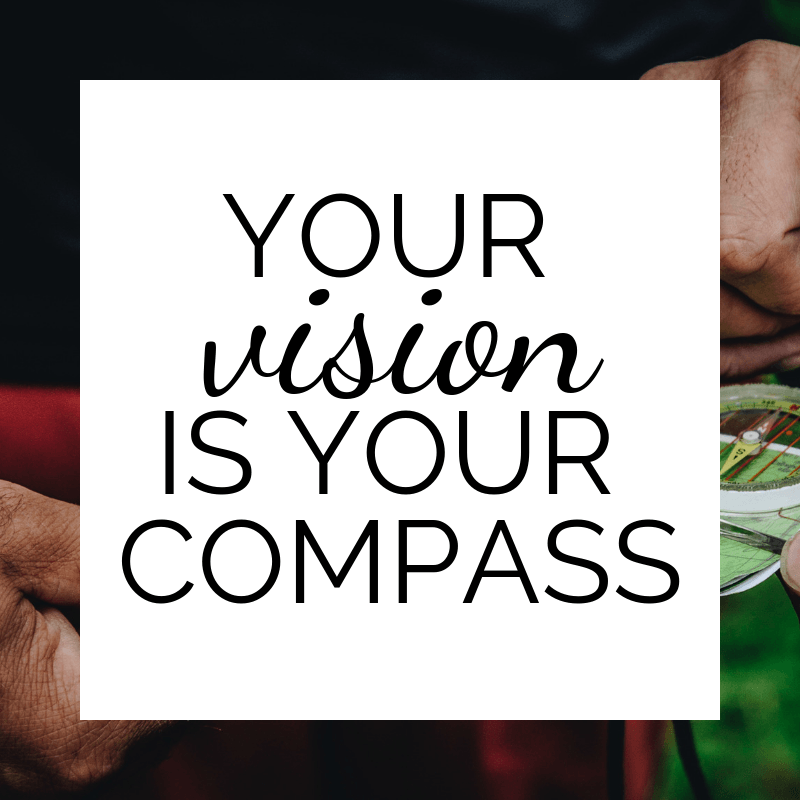
Understanding my child's behaviour
- By Kimberley & Lynn
- •
- 04 Mar, 2019
- •
The mystery and the magic

Do you ever look on at your 7 year-old’s tantrum and wonder why they seem to malfunctioning like a short-circuiting laptop? It’s the sudden break-down triggered by a refusal to go to hockey practice; or the rebellious battle cries when you ask your teen to bring the six cereal bowls they’ve taken hostage in their bedroom down to the dishwasher that can leave us feeling utterly blindsided.
One of the most perplexing questions for a parent is why a child does something. As children grow and become more verbal you can engage in a conversation about the why and the what of it all; but even then we know that human brains aren’t fully developed and hormones don’t fully self-regulate in most of us until the age of 25. It’s hard enough explaining boundaries and connecting authentically with our children that can verbally communicate with us, but it can feel like just a lot of guessing with our very little ones!
According to Dr. William Glasser, a pioneer in understanding human behavior, all human beings have 5 genetic needs built into our DNA which we are always trying to fulfill. We’re a bit like vehicles in that sense. In the same way your car needs gas to run and oil to stay lubricated, so too do we have fundamental needs that are imperative to our survival as humans.
Dr. Glasser believes that all of our behavior is directed at meeting one or more of these needs. It doesn’t matter where you were born or how you were raised, every human with a beating heart has these 5 needs directing our behaviour.
It’s no surprise then that
understanding those 5 needs is wonderfully helpful when trying to negotiate
with a toddler who won’t stop throwing peas across the table at grandpa. So,
what are those genetic needs?
We’ve broken them down for you:
1. SURVIVAL
The first need we all have hardwired into our DNA is survival. Shelter, warmth, regular food, clean drinking water, and safety are what we all need to survive.
It really wasn’t that long ago that parents thought the feeding, sheltering and clothing a child was all that was required for raising children. Today we know that much more is actually needed for a child to self-actualize. Although survival is very important, it is only one of our genetic needs.
2. LOVE AND BELONGING
As human beings, we are hard-wired for relationships. Everything about us wants to connect in some way with the other. In our video, Kimberley and I talk about this need and how important it is for children to thrive. Although we know that love is of course a fundamental need for our children, belonging often gets overlooked. Teenagers especially need to feel like they belong, not only in their homes but in their social groups as well. This is why instilling a strong sense of love and belonging in your child is so important for them as they grow to discover who they are, along with what and who they love.
3. FREEDOM
Many of us don’t realize how important it is for us to feel like we have freedom over our own choices and actions. Limiting your child’s opportunities and dictating their every behaviour can severely limit their freedom.
Freedom can take many forms and can be expressed through a desire for choices and options. It can be expressed in the desire to move physically and even our thinking can help us feel free. Daydreaming is a great way to have a freedom break and so is using your imagination.
4. POWER
The fourth need is often very controversial and is the need for power. The need for power is often what causes so many delays on busy Tuesday mornings as you’re trying to get the kids out the door and into the minivan to school! A four-year old’s insistence on wearing odd socks and mismatched shoes, a teenager’s resistance to take the lunch you packed for them, the adolescent who straight up refuses to wear pants even though it’s 4 degrees outside…they want the power to choose.
Today many people feel power is a negative. We are more aware than ever of misuse of power and out right abuse of it. But if this need is genetic then ensuring that our children’s power needs are met is part and parcel of raising them.
5. FUN
The last genetic need may also be a surprise to you--It's the need for fun! Many of us were raised with the work first play later motto, and fun was NOT seen as essential. Many of our grandparents would have laughed at the thought of fun being a need hardwired into our DNA!
Here’s where the science gets interesting; fun is a genetic need because it is directly linked to learning. Play is the most natural and optimal learning environment. Our species is not the fastest nor the strongest, but we are the best at adapting. It is this ability to learn and adapt that has allowed us to survive so long. When your child is playing, they are learning too. In fact, studies have shown that the exact same part of our brains that light up when we’re learning also light up when we’re having fun!
In March many families will have spring break, an opportunity to relax and play. The more play time you have with your children the more connected you will be to them. But remember fun is like sleep, you need it on a regular basis! It's not something you can store up for use later.
People often wonder if one need is more important than another and the answer is no, they are not hierarchical. All the needs are equally important. An easy way to picture this is to think of the needs as the legs of a chair and the seat is the survival need. when you picture this you will realize that all the needs matter and that we really do need to attend to all of them on a daily basis.
Let us know what you're noticing in the comments!Kimberley & Lynn






